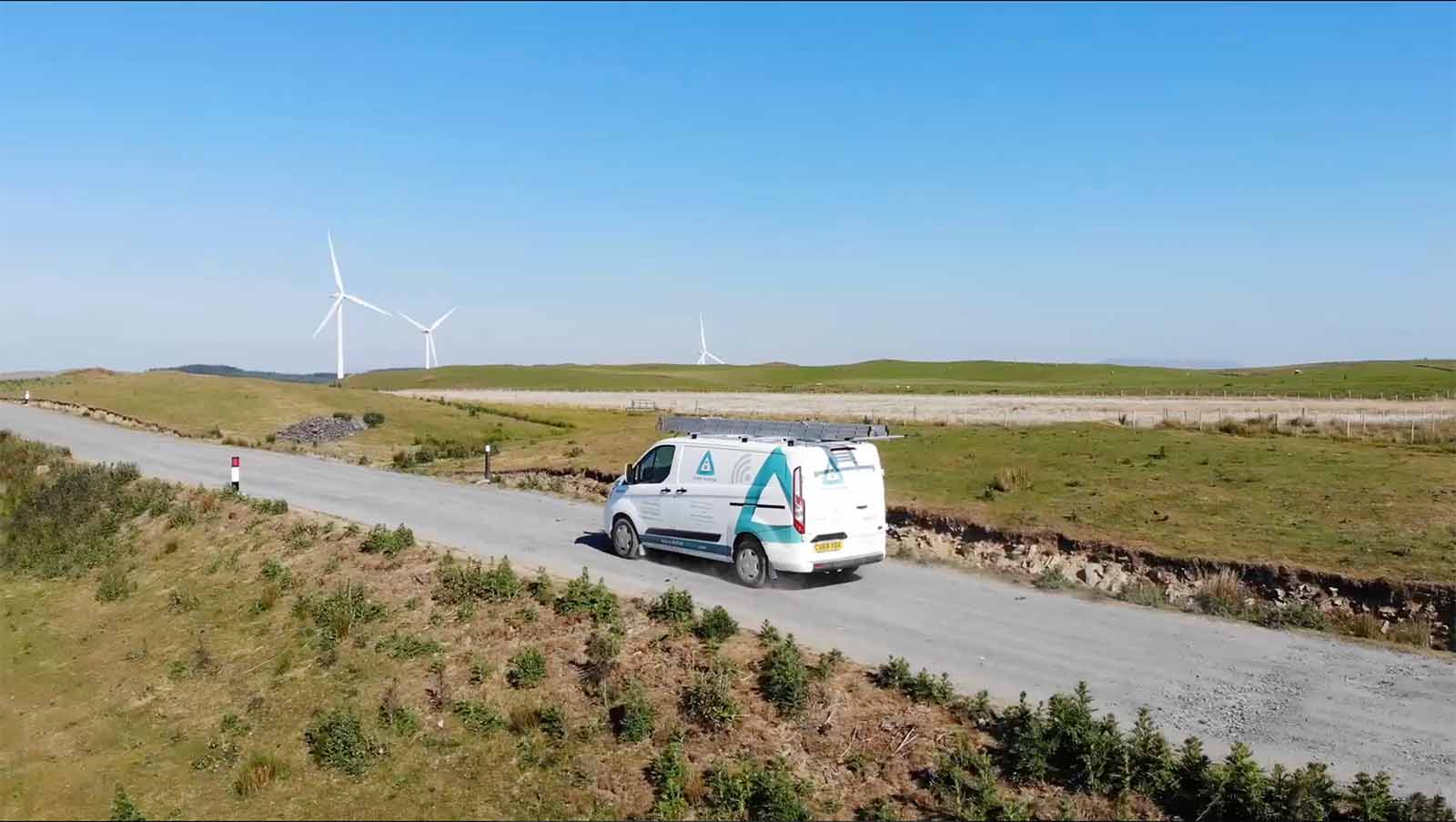If you live or work in a rural area, chances are that you’re already familiar with the struggles that rural communities often face when it comes to getting a reliable, high speed internet connection. From buffering Netflix shows and video calls to painfully slow browsing while you’re trying to work, slow internet speeds can cause a number of difficulties.
Luckily, there are options available to you that provide you with the high quality internet service that you need. Let’s take a look at the rural internet options available to you, and which ones may or may not be best for you.
Why Are Internet Services Worse In Rural Areas?
The main reasons that people living in rural areas generally experience worse wifi than their city counterparts is that they live further away from the exchange, and as a general rule, the further away you live from the exchange, the slower your speeds will be.
Fibre optic doesn’t face this problem of losing speeds over distance, and can be a good option for those who can get access to it. Unfortunately, since rural areas tend to lack the necessary infrastructure needed to receive a fibre optic service, it’s usually too expensive to make it a viable option, or else not available at all.
As anyone living in the UK will know, having access to a reliable internet connection is a must. Whether it’s so you can communicate with family and friends living further away, work effectively from home, or even just watch your favourite tv shows in the evening, not having that service creates a real problem.
Beyond being frustrated and perhaps feeling isolated, it can damage people’s business prospects, as not having that good internet service can really hamper a business’s efforts to communicate with their clients, run online, and market themselves.
How Do I Improve My Rural Internet Service?
Before you start looking at switching services, you should make sure you’re getting the most out of your current one. There are a few quick and easy steps you can take to make sure you’re doing this.
First of all, make sure your router is located somewhere central in your home or business. This helps you to get a good signal throughout the entire property. You should also make sure that your router is out in the open, as obstacles like walls can block your wifi signal.
Next, try to keep other electronic devices away from your router. In particular, electronics like microwaves, cordless phones and even TVs can interfere with your wifi signal.
If all of this still doesn’t help, you should consider adjusting your router settings so that it runs on channels 1, 6, or 12, as this can reduce frequency interference. You can check your router manual to find out exactly how to do this for your specific model.
Whether you’re trying to get a reliable internet service for your home or your business, there are plenty of broadband solutions for rural areas. As we’ve mentioned, fibre optic could provide you with a reliable service, but only if it’s available in your area and you can afford the high installation costs that may have to be paid.
ADSL provides a convenient solution, since it utilises existing copper telephone cables, meaning there’s minimum disruption required to set it up. However, ADSL is slowly being phased out due to the slow speeds it delivers. For most rural properties, a wireless broadband service would provide the best overall solution, however.
Should I Get Fixed Wireless In My Rural Property?
Fixed wireless is definitely a viable option that would provide a reliable internet service. Able to provide speeds of up to 100mb, a fixed wireless speeds will allow your entire household to work, stream, and game to their hearts content. What’s more, installation is quick and easy.
However, fixed wireless does have its downsides. The first is that the technology requires you to have a clear line of sight between your property and the provider’s tower, meaning if you live in an area surrounded by hills, this could be a problem. Weather can also cause interference issues.
That’s why on the whole, we recommend rural property owners consider mobile broadband for their internet services.
How Do I Get Mobile Broadband For My Property?
Providing another good alternative (and for many people the best option), mobile broadband is easy to access compared to many other services, and much more affordable than services such as fibre optic.
At Dyfed, we’ve helped hundreds of customers in Wales enjoy reliable mobile broadband in their homes and businesses. Just like a regular router, the mobile broadband will provide your home with wifi, meaning you can enjoy your favourite shows, work from home, and do whatever else it is you need to do with your reliable wifi.
You can find out more about our mobile broadband services by visiting our mobile broadband page
Are There Any Grants That Could Help?
If you’re living in a rural area anywhere in the UK, you can apply to the Gigabit Broadband Voucher Scheme, which helps you get high speed internet to your rural property via a grant which helps to cover the installation costs. Alternatively, if you live in Wales, you could apply to the ABC scheme, which also helps you get access to high speed internet.
You can find out more about both of these schemes and which one might be best for you by reading our blog on government broadband grants.
Providing Rural Properties With Reliable Internet Services
Dyfed are experts at making sure their rural customers across Wales receive an internet service that they can trust. From making sure you can enjoy your favourite Netflix shows in the evening to providing the necessary speeds you need to be able to work from home, we’ll ensure you get everything you need out of your wifi service.
To find out more about how we can do this for you, get in touch with us today.












